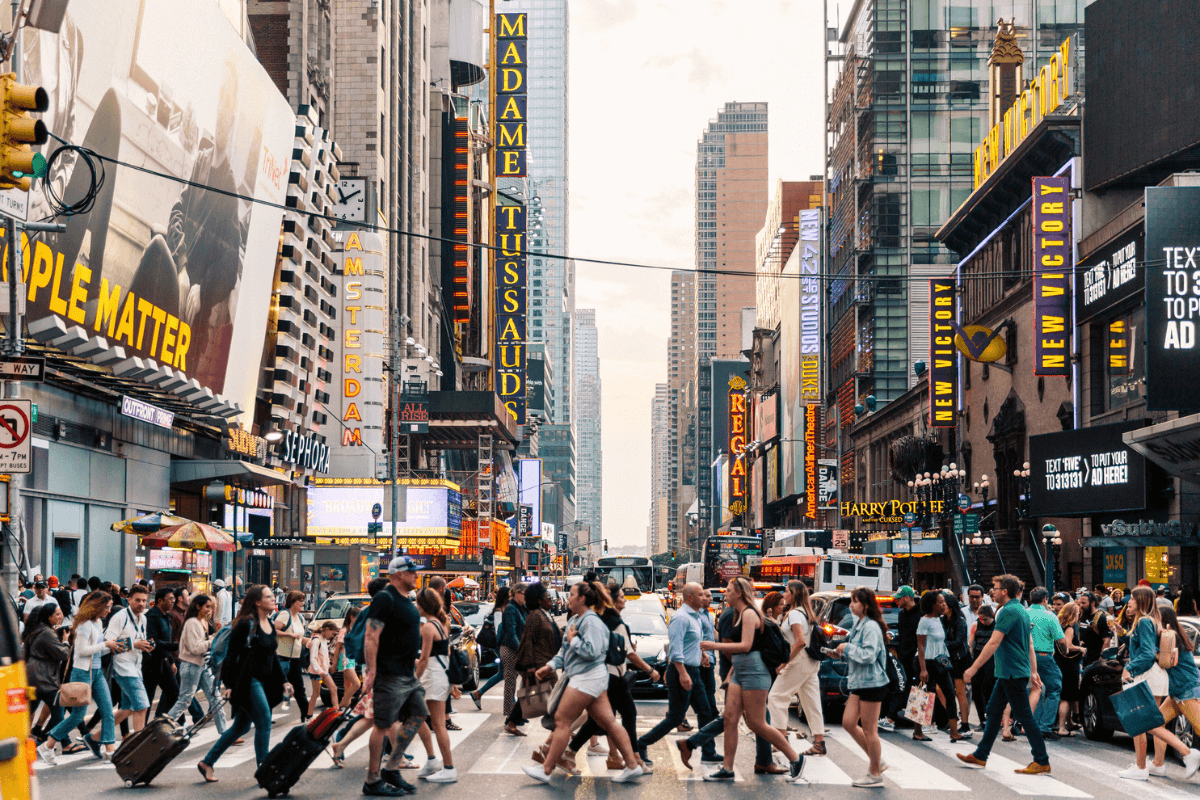Harm Reduction Policies
The goal should be to get people off the drugs. Period." This statement underscores the belief that true success lies not in reducing the harm of drug use but in eliminating drug dependency altogether. Yet, the government is still utilizing harm reduction programs in many cities. Is yours one of them?
Disclaimer: The materials and information on this site are provided for educational and informational purposes only, reliance on any information provided is solely at your own risk. Dr. Phil does not warrant the completeness or accuracy of any of the information, and the terms and materials are subject to change without notice. In no event shall Dr. Phil be liable to you or anyone else for any decision made or action taken in reliance on the information or materials provided herein. Please use any information or materials you find on this site responsibly.
No results
How to Contact
Use the below links to contact your senators and representatives.
How to Contact Your Senators
How to Contact Your Representatives
Overview of the Crisis
"In 2022, the last year for which we have records, overdose deaths in this country topped 105,000, according to the National Institutes of Health (NIH). That’s over three hundred people a day."
Critique of Harm Reduction
-
Questioning Effectiveness: "In that sense, harm reduction is enabling harmful behavior. In fact, while safe injection sites offer a safer way to use illegal, deadly, substances, in my view they do not offer near enough opportunity to seek freedom from those substances."
-
Concerns About Enabling Drug Use: "We’re condoning drug abuse, which impedes the ability of the human person to think well and act responsibly. We’re actively encouraging a habit that destroys bodies, minds, and lives, and which harms families and communities."
-
Moral and Ethical Implications: "If we are to be truly utilitarian about our assessment of these programs, it is worth asking whether, on balance, the harm reduced by preventing an overdose death actually outweighs the harms of continuing to use illegal drugs, living with an addiction, and causing continued suffering to those who are addicted and their families and caregivers."
The Path Forward
"The goal should be to get people off the drugs. Period." This statement underscores the belief that true success lies not in reducing the harm of drug use but in eliminating drug dependency altogether.
Families Against Fentanyl
This organization highlights the urgency of the fentanyl crisis, advocating for the designation of illicit fentanyl as a Weapon of Mass Destruction (WMD) to cut off its supply before reaching the U.S. borders. They stress that fentanyl is the #1 cause of death for Americans aged 18 to 45 and work towards stopping the epidemic.
Voices for Awareness Foundation
Based in Grand Junction, Colorado, Voices for Awareness raises awareness about the dangers of illicit fentanyl found in virtually every street drug today. They work on fentanyl legislation, prevention education, reducing stigma, and support families affected by fentanyl poisoning.
The Foundation for Opioid Response Efforts (FORE)
The Foundation for Opioid Response Efforts was established in 2018 with the goal of ending the opioid and drug overdose crisis in the United States. As an independent, grantmaking organization, FORE focuses on fostering innovative solutions and supports partners working towards patient-centered, evidence-based approaches to this public health challenge. The foundation prioritizes grants in areas such as professional education, payer & provider strategies, policy initiatives, and public awareness, aiming to convene a diverse range of stakeholders to find effective strategies for curtailing the crisis.






.png?width=1200&height=800&name=Untitled%20design%20(58).png)
.png?width=1200&height=800&name=Untitled%20design%20(57).png)
.png?width=1200&height=800&name=Untitled%20design%20(60).png)
%20(1)-1-2-1.png?width=1200&height=800&name=Email%20Header%20-%20Dr%20Phil%20(1920%20x%20800%20px)%20(1)-1-2-1.png)